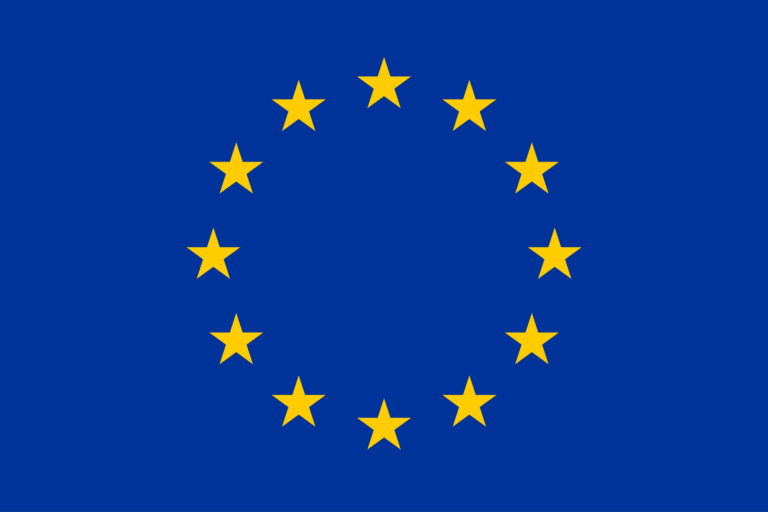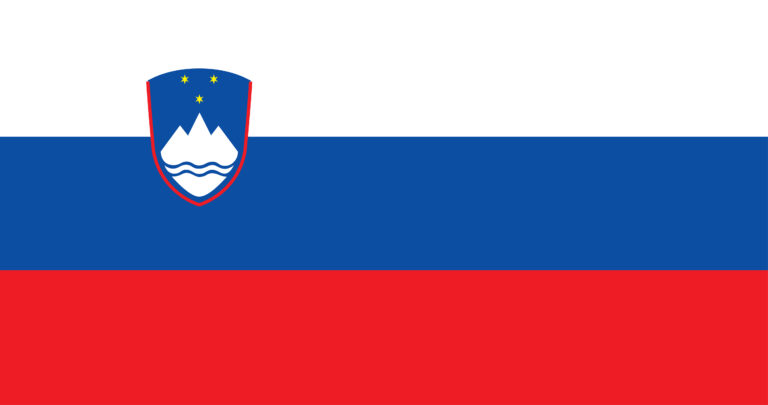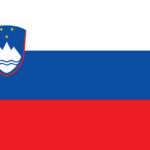Short introduction
Physiotherapy is a healthcare profession focused on the prevention, treatment, and rehabilitation of physical impairments and disabilities. Physiotherapy degree Italy involves a range of techniques, including manual therapy, exercise, and education, to restore and improve patients’ mobility and quality of life. As the demand for healthcare professionals continues to grow, physiotherapists play a critical role in helping individuals recover from injuries, manage chronic conditions, and prevent physical decline.
Studying physiotherapy in Italy offers a structured and high-quality education, with degrees recognized throughout Europe. The country’s three-year physiotherapy bachelor’s degree aligns with European Union education standards, ensuring that graduates are well-prepared for practice both within Italy and internationally. With its rich history, advanced healthcare system, and commitment to professional development, Italy presents a unique opportunity for those interested in pursuing a career in physiotherapy.

A physiotherapy degree in Italy provides students with the necessary skills and knowledge to succeed in this dynamic field. The curriculum emphasizes both theoretical foundations and hands-on clinical experience, offering an ideal environment for aspiring physiotherapists.
Educational Requirements for Physiotherapy in Italy
To pursue a physiotherapy degree in Italy, applicants must meet specific educational prerequisites. A high school diploma is the basic requirement for admission, with preference given to students who have a scientific or health-related academic background. This foundation ensures that students possess the necessary knowledge in subjects such as biology and anatomy, which are essential for understanding human physiology and movement.
The admission process for physiotherapy programs in Italy typically involves entrance exams. These exams assess candidates’ proficiency in subjects such as biology, chemistry, and physics, as well as their general knowledge. The purpose of these tests is to ensure that students have the fundamental scientific knowledge needed to succeed in the rigorous coursework of the physiotherapy degree. The physiotherapy degree requirements in Italy emphasize that prospective students should be prepared to demonstrate their understanding of these key scientific principles.

In addition to academic qualifications, admission exams play a critical role in determining which candidates are best suited for the program. The admission exams for physiotherapy in Italy help universities identify individuals who have the intellectual capacity and foundational knowledge necessary to thrive in a healthcare environment.
Duration and Structure of Physiotherapy Programs
A physiotherapy bachelor’s degree in Italy typically spans three years and is structured to provide students with a comprehensive education in both theoretical knowledge and practical application. The program is designed to prepare graduates to effectively assess, treat, and manage a variety of musculoskeletal and neurological conditions. The degree adheres to European Union education standards, ensuring its recognition across Europe and fostering mobility for graduates seeking work abroad.
The curriculum is balanced between classroom instruction and hands-on clinical training. Core subjects include anatomy, physiology, biomechanics, kinesiology, and pathology. These courses form the foundation for understanding human movement, diagnosing physical impairments, and developing appropriate treatment plans. In addition, students learn about exercise physiology, therapeutic modalities, and manual therapy techniques. Advanced topics, such as neurorehabilitation, orthopedic physiotherapy, and sports therapy, are also covered in the later years of study.
Clinical training in physiotherapy in Italy is a critical component of the education, with students spending a significant portion of their time in hospitals, rehabilitation centers, and private clinics. During these placements, students work under the supervision of licensed physiotherapists, gaining hands-on experience in patient assessment, treatment planning, and therapeutic intervention.
Health Authority and Professional Regulation
In Italy, the regulation of healthcare education and practice, including physiotherapy, falls under the jurisdiction of the Italian Ministry of Health (Ministero della Salute). The Ministry ensures that educational institutions adhere to national standards, providing a consistent and high-quality framework for training healthcare professionals. This regulatory body oversees the accreditation of physiotherapy programs and ensures that graduates meet the necessary competencies to practice within Italy’s healthcare system.
After completing the physiotherapy bachelor’s degree in Italy, graduates must register with the Italian Physiotherapy Association (Federazione Nazionale Ordini dei Fisioterapisti – FNOFI) to legally practice as physiotherapists. This professional registration is mandatory for anyone wishing to work as a physiotherapist in Italy. To become registered, graduates must provide proof of their degree and complete a mandatory internship period, which is integrated into the curriculum during their studies. Upon successful completion of these requirements, they are granted the necessary credentials to practice as licensed physiotherapists in Italy.
Continuing education is a key component of maintaining professional standards and improving clinical skills. The FNOFI encourages physiotherapists to participate in workshops, seminars, and specialized training programs to stay current with new techniques, treatment modalities, and emerging research in the field. Additionally, continuing education plays a role in fulfilling the registration requirements of the FNOFI, maintaining the physiotherapist’s legal ability to practice.
Top Universities Offering Physiotherapy Degrees in Italy
Italy boasts a diverse range of public and private universities that offer accredited physiotherapy degrees, each maintaining high educational standards to ensure the preparation of well-trained professionals in the healthcare sector. These universities provide comprehensive programs that adhere to the regulatory requirements set by the Italian Ministry of Health and meet the academic standards necessary for accredited physiotherapy degrees in Italy.
Public universities, often more accessible in terms of tuition fees, are spread across the country and offer robust physiotherapy programs. These institutions are well-established and have a long history of academic excellence in the medical and health sciences. In addition to public universities, private institutions in Italy also offer physiotherapy degrees, typically with a more specialized focus or smaller class sizes. Private universities may charge higher fees but can provide individualized attention and sometimes more flexible course offerings.
Regardless of whether a student chooses a public or private institution, all physiotherapy programs in Italy are required to meet stringent accreditation standards. These programs are recognized throughout Europe, ensuring that graduates are well-prepared to work as physiotherapists both within Italy and across the European Union. The emphasis on high-quality education is evident in the curriculum structure, which includes both theoretical coursework and extensive clinical placements, as well as ongoing professional development opportunities.
Career Path and Opportunities for Physiotherapists in Italy
Upon completing a physiotherapy degree in Italy, graduates can look forward to a wide array of career opportunities across various healthcare sectors. The demand for skilled physiotherapists is strong, driven by Italy’s aging population and the increasing prevalence of musculoskeletal and neurological conditions. A physiotherapy career in Italy offers both stability and professional growth, with opportunities available in hospitals, clinics, sports teams, rehabilitation centers, and private practice.
Physiotherapists in hospitals and clinics are responsible for treating patients recovering from surgeries, managing chronic conditions, or rehabilitating injuries. They work closely with doctors and other healthcare professionals to create and implement treatment plans that improve patient mobility, strength, and overall function. In rehabilitation centers, physiotherapists assist patients in recovering from strokes, spinal cord injuries, or other debilitating conditions, helping them regain independence and mobility.

The sports sector also provides significant career opportunities, particularly in sports teams or athletic organizations, where physiotherapists manage the prevention and rehabilitation of injuries in athletes. Private practice is another common career path, allowing physiotherapists to work independently or in small groups, providing specialized care to individuals seeking personalized treatment.
In recent years, many Italian students have chosen to pursue their physiotherapy studies in Slovenia, particularly in the bilingual city of Koper (Capodistria). Located near the Italian border, Koper is home to a significant Italian-speaking population and offers a culturally familiar environment for Italian nationals. One of the key attractions is Alma Mater Europaea, which provides a fully accredited part-time blended physiotherapy program taught entirely in Italian. This flexible format, combined with high academic standards and geographic proximity, makes Slovenia an increasingly popular alternative for Italian students seeking a quality education in a familiar linguistic and cultural setting.








